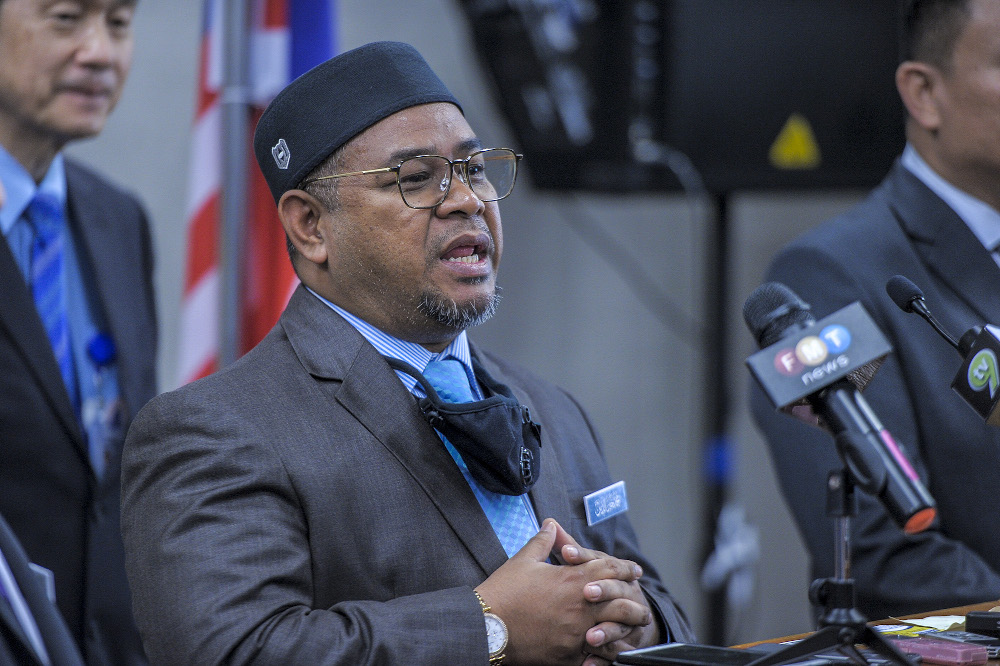KUALA LUMPUR, Oct 22 — Forced labour is no longer an issue in the country following the implementation of various measures by the government to address the problem, including through the establishment of the mandatory Malaysian Sustainable Palm Oil Certification (MSPO), effective January 1, 2021.
Plantation Industries and Commodities Minister Datuk Mohd Khairuddin Aman Razali said the MSPO, among others, required all industry players to comply with the condition of not using forced labour to obtain the certification.
In fact, he stressed that since the inception of the movement control order (MCO) to curb Covid-19, the government has also banned the recruitment of new foreign workers for the plantation sector.
“The government instead encourages employers to hire local workers by providing Wage Subsidy where employers are paid RM300 per month for six months through funds amounting to RM6 million through the Malaysian Rubber Council, as well as RM36 million for downstream rubber sector activities to replace foreign workers with locals.
“Hence, with the policies implemented by the government, we can automatically address the issue of manual labour as there are no new foreign workers and there will be no issue of reimbursement of the cost of hiring foreign workers,” he said in an interview on TVAlHijrah’s Assalamualaikum programme today.
Mohd Khairuddin was commenting on a report listing Malaysia in the 2020 List of Goods Produced by Child Labour by the United States Department of Labor in September 2020.
He said a study on the labour situation conducted by the ministry in the oil palm sector showed that there was only 0.8 per cent of forced labour occurrence in the country, especially in Sabah and Sarawak, particularly in the border districts of those states.
“The study, conducted in accordance with the International Labor Organisation (ILO) guidelines, was also tabled to the Cabinet in May with the intention of being published and sent to the ILO and the US Department of Labor,” he said.
He said the government is also committed to ensuring the welfare of employees, whether local or foreigners, are taken care of through enforcement at the lower levels, as well as through awareness programme.
Commenting on the prospects for the rubber and oil palm markets, he said the government was actively identifying new markets such as the African continent, as well as the US and European countries.
“In the oil palm industry, for example, we are confident that more than 400,000 smallholders are happy with the price of fresh fruit bunches which now reaches RM550-RM600 per tonne, while crude palm oil fetches RM3,000 per tonne,” he said. — Bernama



















